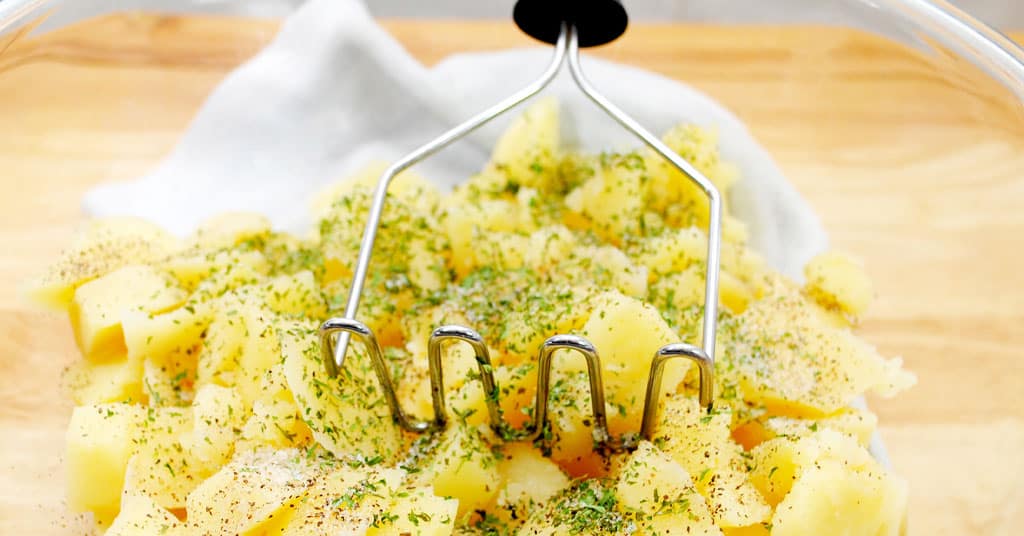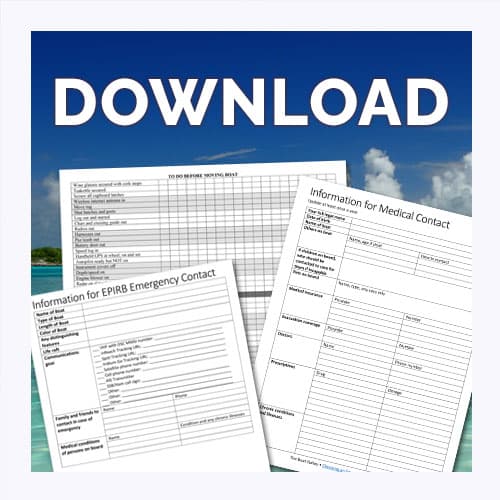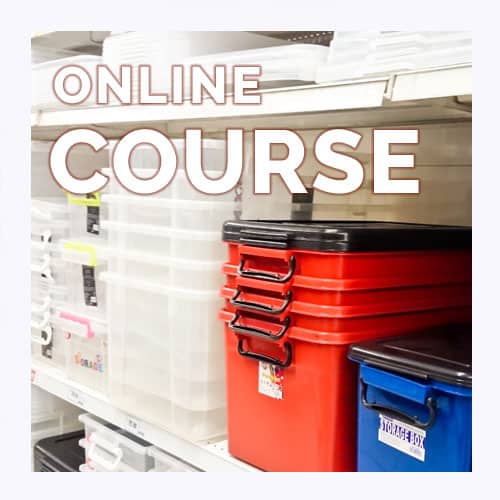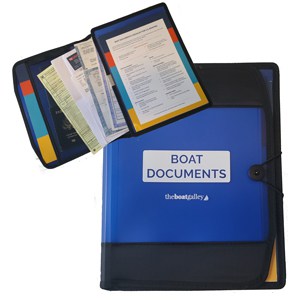With the right potato masher or potato ricer, you can have great mashed potatoes without electricity. The first year that Dave and I cruised, I made instant mashed potatoes whenever we wanted mashed potatoes. Then I saw a friend use a hand potato masher to mash avocados for guacamole, and I vowed to get one the next chance I had. Of course, I made a bad choice with the first one, learned a bit, and got a better one the second time around. Here are some good choices along with what I like and dislike about each:
Wire Potato Masher
Of the three styles of potato masher covered in the article, this wire potato masher is my favorite, primarily because it’s the easiest to clean. Admittedly, the end result with this tool is a little lumpier than with the others, which some people like and others don’t. However, the wires are so much easier to clean that I’ll put up with a little more texture in my dishes.
This particular model is made by OXO Good Grips and features a a very comfortable non-slip grip and a high-quality and sturdy stainless wire masher. It works well not only on potatoes, but also on avocados for guacamole, turnips, carrots, mashed cauliflower or applesauce. I’ve even used it to quickly soften up butter and cream cheese.
An added benefit of this style? It may save you a trip up the mast to retrieve a halyard! See how here.
Smooth Potato Masher
A smooth potato masher does produce smoother mashed potatoes (or other foods) than a wire one, but those little holes are a real pain to clean when washing dishes by hand.
This is the style that I first bought, and the only way I could get the potatoes out of those little holes was to get a nipple brush (for baby bottles) and poke it through each hole and twist it around. Be sure to put it to soak in water immediately after using it — if the potatoes dry in the holes, they’re even harder to dislodge!
Additionally, because there is a larger solid surface in relation to the holes, this takes more force to mash the potatoes or other vegetables — this may or may not be an important consideration for you.
I don’t recommend this style, but I know some people prefer it for the smoother potatoes it produces. If this is your choice, I recommend the one made by OXO Good Grips for its stainless-steel construction and comfortable handle. Nylon smooth mashers appear attractive because they are about half the price of stainless ones, but the holes are even smaller and they are an even bigger pain to clean.
Potato Ricer
A potato ricer can best be described as looking and working like a large garlic press. Without a doubt, a potato ricer will produce a smoother texture finished product than either of the other two mashers.
The first disadvantage of a ricer is its larger size. While the absolute dimensions of the ricer are similar to those of the two mashers, the fact that it’s solid makes it take up a lot more room in a drawer or bin, as other tools can’t nestle right up to it.
The other disadvantage is cleaning the unit, although one like the one pictured here (which is the one I have), with removable plates, makes the job easier. Soak the plate for a few minutes, then use a dish brush or a nail brush on it. Since this plate is thinner than the bottom surface of the smooth potato masher, it’s actually easier to clean as you shouldn’t have to push the potatoes (or other food) out of each individual hole.
I like this potato ricer from RSVP for several reasons: (1) a removable plate, which makes clean up much easier; (2) two plates, giving a choice of how fine you want the finished product; (3) stainless plates; (4) heavy-duty plastic body that isn’t likely to break; (5) comfortable handles that are a little longer than some other brands — while this is a little larger to store, the longer handles give MUCH better leverage to push the potatoes or other food through; and (6) a large enough cup to process a reasonable amount of food, although not huge (some are so small that you can only process a few tablespoons of food at a time).
Conclusion
At first, a potato masher may seem like an unnecessary luxury on a boat. After all, you can make instant mashed potatoes or use a spoon or fork to mash food up. But with no electrical appliances, the right tool for the job makes a big difference in how easy it is to make a host of foods — not just mashed potatoes, but also things like mashed cauliflower, applesauce and clam chowder. A good potato masher or ricer will earn its storage space aboard.
Related Posts

Carolyn Shearlock has lived aboard full-time for 17 years, splitting her time between a Tayana 37 monohull and a Gemini 105 catamaran. She’s cruised over 14,000 miles, from Pacific Mexico and Central America to Florida and the Bahamas, gaining firsthand experience with the joys and challenges of life on the water.
Through The Boat Galley, Carolyn has helped thousands of people explore, prepare for, and enjoy life afloat. She shares her expertise as an instructor at Cruisers University, in leading boating publications, and through her bestselling book, The Boat Galley Cookbook. She is passionate about helping others embark on their liveaboard journey—making life on the water simpler, safer, and more enjoyable.
Here’s your “Quick Start” to everything you need to know when living on a boat:











The Boat Galley says
Thank you — I’m glad you find The Boat Galley helpful! Makes my day 🙂